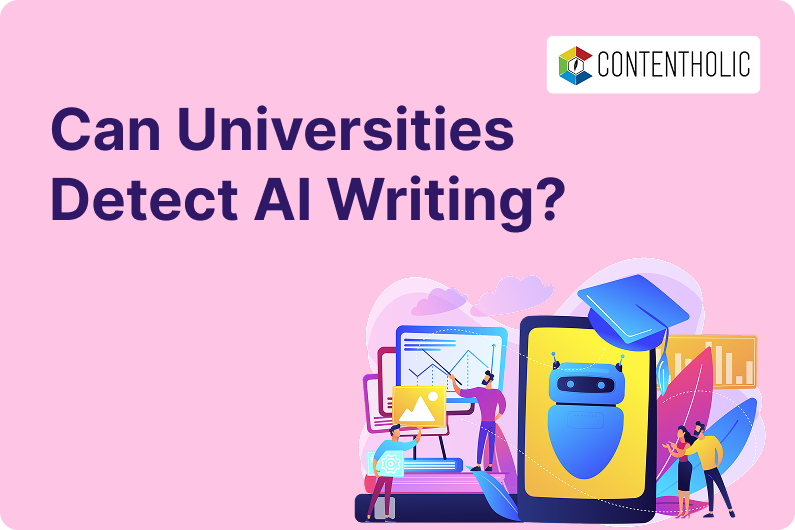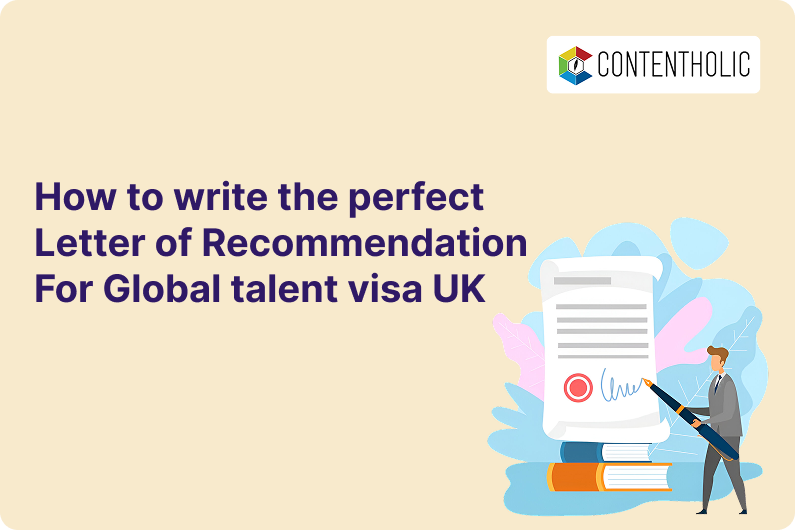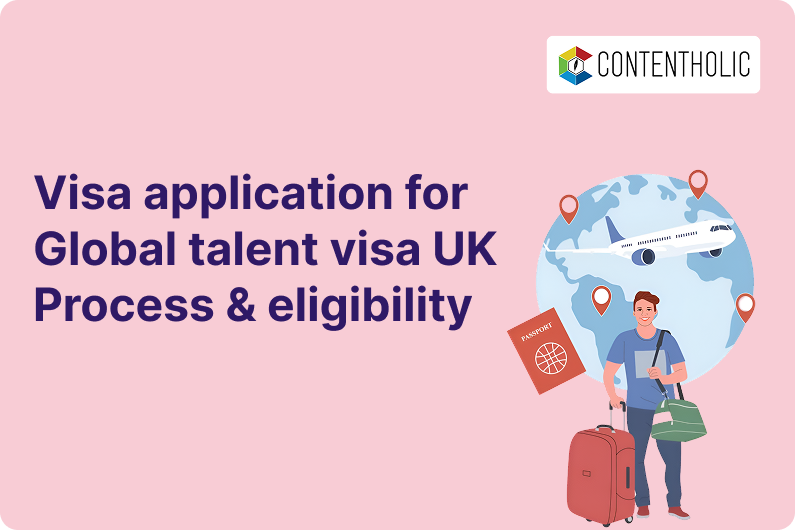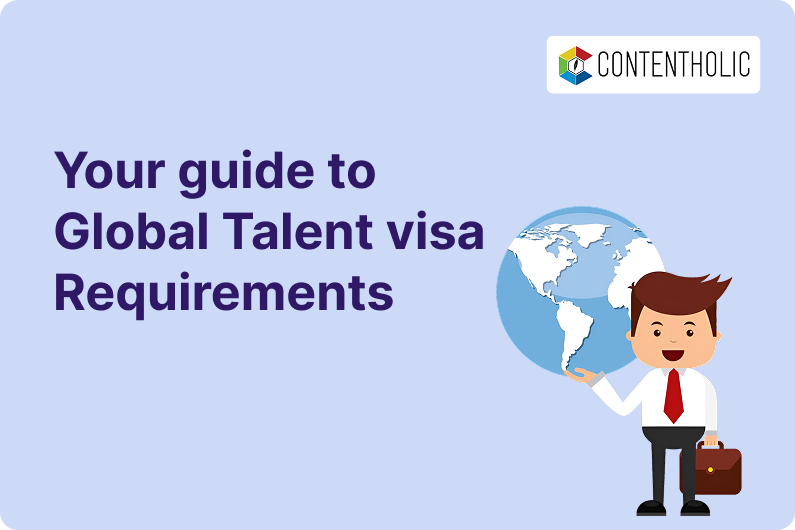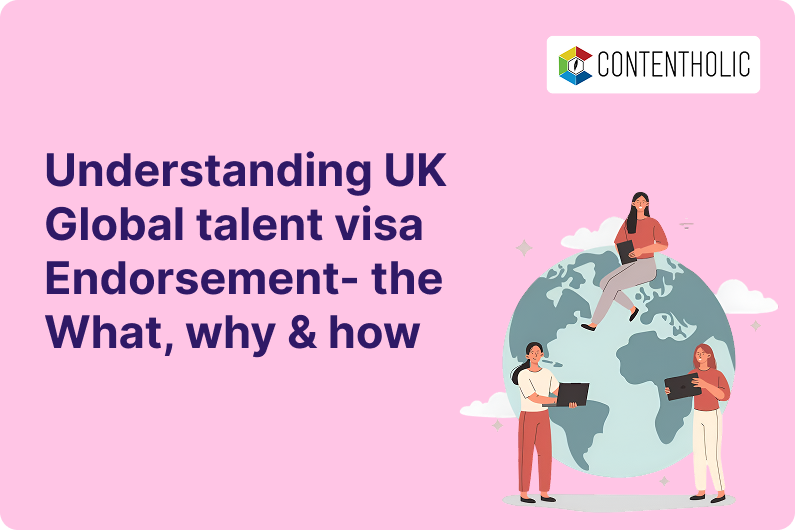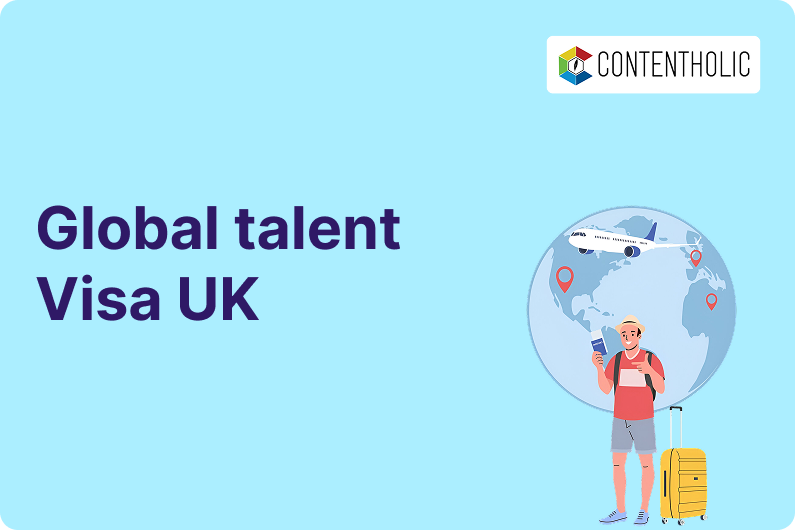When considering a candidate for admission, universities consider many aspects while going through their application. Everything is scrutinized from past academic grades to the candidate’s overall personality. Among all the crucial documents required for admissions, a Statement of Purpose (SOP) is one such document that plays a very important role in shaping an applicant’s future. Universities worldwide give SOPs heavy importance in understanding the applicant’s motivations, ambitions, and character. As technology is continuously advancing, and in recent few years with the rise of innovations in Artificial Intelligence (AI), a burning question arises: can universities detect AI-generated content in SOPs?
Why SOP is an important document?
An SOP is not just a requirement for university applications, it is an account of a student’s academic life which tells the reader about that student’s journey in education so far, future career goals, and the personal experiences the student has gone through in all of his/her academic years. The admission officials meticulously analyze this document to determine the applicant’s fit for the program. This makes the originality of SOP paramount.
How does AI work?
All the AI-text-generating platforms such as ChatGPT use a form of artificial intelligence called deep-learning. This deep-learning model uses the vast sources of materials available on the internet and learns to regenerate that information in written form in a way that it looks like a human has written those texts. It is trained to generate structurally and grammatically correct sentences related to the context provided by the user.
How does AI work get detected?
With every problem, a solution also comes along. With the rise of AI-written essays, articles, assignments, SOPs, etc, the education sector was facing a massive problem in discouraging students from using these tools and focusing on their own research and writing skills. The use of AI raised ethical questions.
Although some might argue that AI-generating platforms are becoming more sophisticated and harder to detect, universities are also adapting. Eventually, the solution to the problem of AI plagiarized content came in the form of AI-detecting tools such as Turnitin, ZeroGPT, CopyLeaks, etc. Apart from these online tools, there are some other telltale signs as well which are discussed in the following section.
The Pitfalls of AI-Generated Writing
- Lack of Personal Stories: AI cannot convey genuine human emotions and talk about personal experiences. The individuality of a person cannot be replicated by AI. The only thing it can generate is grammatically correct sentences and well-organized paragraphs. However, these sentences and paragraphs would lack the depth and truthfulness that the admission committees seek.
- Generic Content: AI would use the most common words or phrases that might have been used a thousand times already. This will not make your SOP any different from other hundred such AI-generated SOPs. The people who are responsible for reviewing university applications are trained to spot different writing styles, and easily detect the difference between original and AI content. By using AI, you would increase your chance of blending in instead of standing out from other applicants.
- Chances of False Information: AI might give details that are not relevant to your SOP. This can give a wrong impression. Two individuals cannot have similar SOPs, but AI-generated content can make that happen, because chances are it will use the same information for both the SOPs.
- Mismatch of Language Proficiency: Many students end up taking the help of AI because they feel they do not have the necessary language skills. This will portray a mismatch between the language skills shown in the SOP and English language proficiency shown in other parts of the application and test scores.
You do not need to use fancy words to stand out. You just need to convey your past academic and professional experiences, motivations behind present choices, and how all these will help you achieve your future goals.
How to Avoid the Use of AI Altogether?
You can avoid using AI if you follow certain tips to write SOP on your own.
- The purpose behind writing an SOP: An SOP is a personal statement, hence it should reflect your personal experiences, motivations, and future goals, not what AI has taken from the existing sources.
- Research before writing: It is very important to first understand the program you are applying to, your preferred university, and other key details. This research will help you align your SOP according to the needs of the program and university.
- Relevant experiences: Emphasize only the relevant experiences which you feel will help you in your chosen program. These experiences can range from past academic achievements, volunteer work, work experiences, etc. Try to give examples that show your skillfulness and commitment.
- Structure: You can decide the structure of your SOP before writing. Take help from sample SOPs to see what is the usual structure of a course SOP. The SOP has sections that highlight different aspects about you:
(i) Introduction
(ii) Academic background
(iii) Professional background
(iv) Career Goals
(v) How the program is a fit for your future aspirations
(vi) Conclusion
- Proofread and Edit: After finishing your draft, check for any kind of errors, be it grammatical, typing, punctuation, or inconsistent sentences. Make sure the content is clear and concise.
Assistance From Professional SOP Writers As Alternative
Since taking help from AI is a major drawback, the role of professional SOP writers has never been more pivotal. Services like Contentholic offer tailored SOP writing services which ensures that the applicant has a personal narrative and authentic content. We make sure that each SOP is unique and tailored to each person’s background and aspirations.
- Personalization: Professional writers work with applicants to understand their experience, goals, and motivations. Thus crafting a narrative that would resonate with the admission committee.
- Original and Authentic: Professional writers do not use online sources or AI to write anyone’s SOP, thus reflecting the true voice of the applicant and maintaining authenticity.
- Effective Time Management: One of the reasons why students opt for AI is to save time. By choosing professional SOP writers, students can still save time, and focus on other aspects of their application.
Conclusion
In conclusion, while the pull of AI writing tools may be tempting for those who are under pressure, the risks it will cause far outweigh its benefits. Just as AI-generating software is honing their abilities to develop, universities are also sharpening their skills to detect AI-generated content. This is a major disadvantage for those students who are relying on these technologies.
Instead, investing in professional SOP writing services, such as those offered by Contentholic, can provide a more secure and effective alternative. We understand the importance of authenticity and are equipped to help students communicate their unique stories persuasively and honestly. Taking our professional assistance will ensure that your chances of acceptance are enhanced and your true self shines through your Statement of Purpose.

